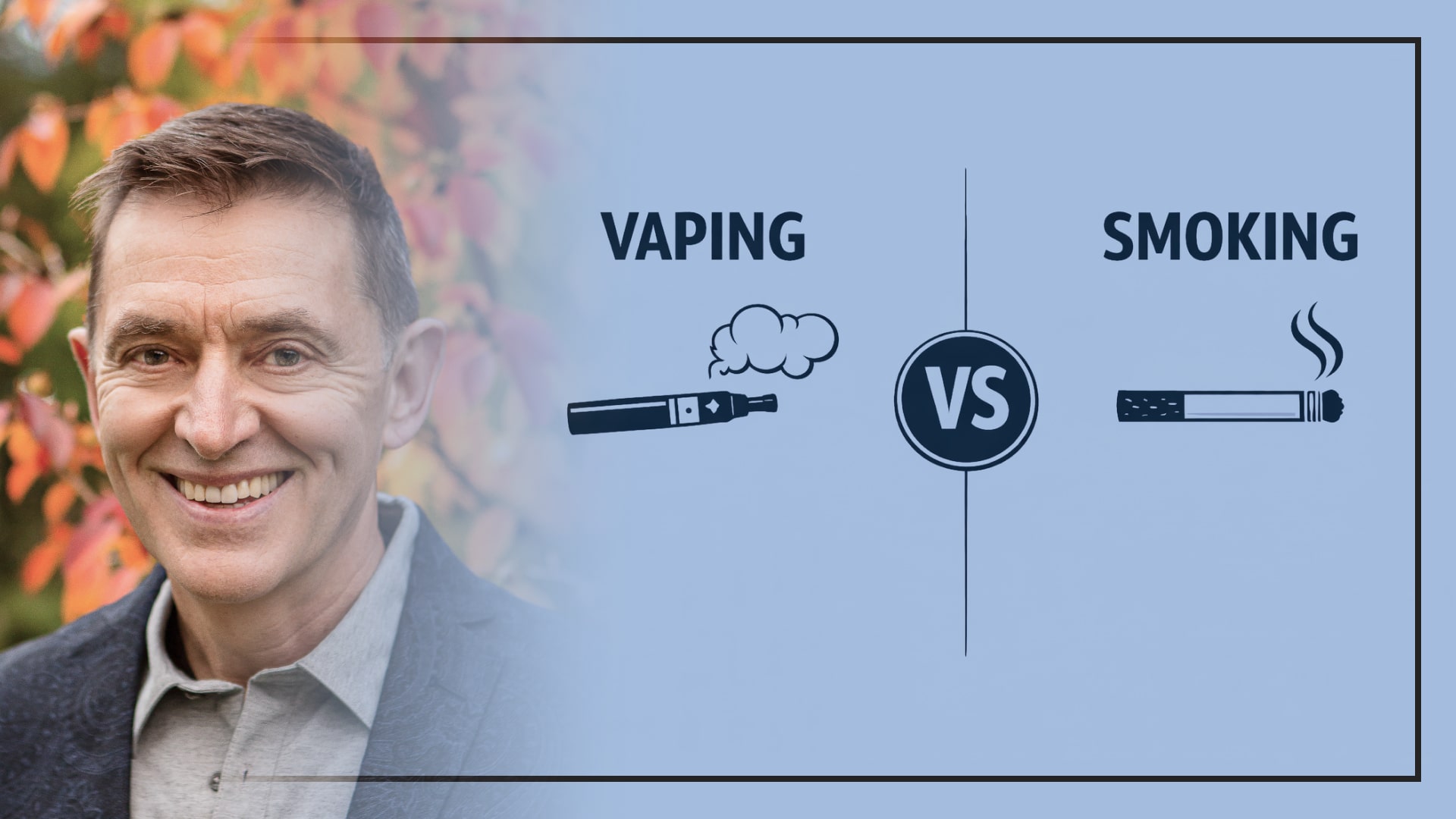
Experts mull impact of PMI’s acquisition of Swedish Match on harm reduction
Snusforumet speaks with several tobacco harm reduction experts and advocates to get their take on the potential impact of PMI’s acquisition of Swedish Match.
On May 11, Philip Morris International (PMI) announced plans to acquire Swedish Match for $16bn.
“We are pleased to announce this exciting next step in Philip Morris International’s and Swedish Match’s trajectory toward a smoke-free future,” the PMI chief executive, Jacek Olczak said in a statement.
He claimed the deal would create a “global smoke-free champion” by combining Swedish Match’s leading position in smokeless oral products including snus and nicotine pouches, with PMI’s ambition to expand its own iQOS-brand heat-not-burn devices.
For more perspective on the deal, Snusforumet spoke with several tobacco harm reduction and public health experts and asked them to provide their thoughts on the potential impact of the PMI’s acquisition of Swedish Match.
Tobacco industry’s ‘pro-health transformation’
Clive Bates praised the deal, claiming it would help Swedish Match scale its business and allow PMI to add additional smoke-free products to its portfolio.
“This is a sign that pro-health transformation in the tobacco and consumer nicotine market is gathering pace and intensity, and that is very good news,” he told Snusforumet.
“What counts is whether the number of smokers switching from cigarettes to snus or nicotine pouches increases.”
Bates was hopeful that PMI’s acqusition of Swedish Match would accelerate the development of tobacco harm reduction in low- and middle-income countries.
“The snus and pouch products are likely to be more competitive and viable in many countries,” he said.
“And PMI’s innovation and regulatory capabilities will help sustain Swedish Match’s leadership.”
Maintaining Swedish Match ‘innovation pipeline
Bates’ optimism regarding the harm reduction potential of a combined PMI-Swedish Match was echoed by tobacco control pioneer David Sweanor, who chairs the Advisory Committee for the Centre for Health Law, Policy, and Ethics at the University of Ottawa in Canada.
“Swedish Match achieved a public health breakthrough of historic proportions in showing cigarettes could be replaced by very low-risk non-combustion alternatives,” he explained.
“If PMI keeps the Swedish Match innovation pipeline running and we see more blockbuster low-risk products such as Zyn, and uses its marketing reach to get such products to millions more people who would otherwise use cigarettes, the deal could be a great one.”
Dr. Sudhanshu Patwardhan, a UK-based doctor and co-author of a comprehensive review on nicotine pouches, also praised the deal for its potential to have a positive impact on the lives of smokers worldwide.
“The combined Phillip Morris and Swedish Match product offering and expertise should signal the beginning of the end of harm from risky forms of tobacco globally,” he said.
“Hopefully, consumers around the world, not just in Scandinavia and USA, will benefit from the resources available to PMI to make a longer and stronger commitment to tobacco harm reduction.”
Focusing on LMICs the ‘true test’
Patwardhan pointed out that Swedish Match and PMI already rank at the top of the Tobacco Transformation Index. They are also the only two companies with Modified Risk Tobacco Product (MRTP) marketing authorisation from the US FDA.
However, the “true test” for a combined Phillip Morris and Swedish Match will be what it does to facilitate access to reduced-risk products in lower- and middle-income countries.
“Let’s not forget that 80 percent of the world’s users of risky tobacco products live in lower- and middle-income countries and are often forgotten by multinationals chasing market size and profits,” Patwardhan explained.
“A longer-term commitment and dedicated effort are now needed globally to bring in evidence-based policy change using tobacco harm reduction principles, including in LMICs. That should be followed by ensuring access and availability of affordable reduced risk products globally, not just for the privileged 20 percent of the world’s tobacco users living in the developed world.”
Consumers need access to low-risk alternatives
Mark Oates, founder of the UK-based Snus & Nicotine Pouch Users Association, highlighted Swedish Match’s “enormous” role in reducing smoking rates by providing lower-risk alternatives to cigarettes, adding he believed the deal would be a “huge help” for PMI’s own smoke-free ambitions.
While Oates was enthusiastic about the prospect of more money and marketing muscle for helping inform more nicotine consumers about reduced-risk options, he emphasized the importance of updating legislation that “in effect keeps people smoking” by preventing consumers from learning about such products.
“It’s important that consumers hear more about snus and nicotine pouches and the fantastic role they can play in improving public health,” he said.
“Between vaping, heat-not-burn, snus, and nicotine pouches we have a real possibility of achieving a huge reduction in the number of smokers, not through force – which doesn’t work anyway – but through consumer choice.”




